The Hanoi Department of Health has just issued Official Dispatch No. 5405/SYT-NVY to public and non-public hospitals in the city regarding strengthening measures to prevent and control measles infection in hospitals.
Hanoi strengthens measures to prevent and control measles infection
The Hanoi Department of Health has just issued Official Dispatch No. 5405/SYT-NVY to public and non-public hospitals in the city regarding strengthening measures to prevent and control measles infection in hospitals.
Currently, the measles situation is on the rise in Hanoi. According to monitoring data from the City Center for Disease Control, in the first 10 months of 2024, the entire city recorded 36 confirmed measles cases.
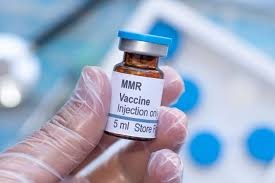 |
| Measles epidemic in Hanoi is on the rise. |
The number of cases has increased rapidly in the past two months (13 cases in September, 20 cases in October). Most of the patients have not been vaccinated against measles, including some cases of infection in hospitals.
To proactively prevent and control the spread of measles in hospitals, the Department of Health recommends that facilities conduct screening and isolation of suspected measles cases right at the examination department; arrange separate examination tables for these cases to limit cross-infection.
Arrange isolation areas for treating patients suspected of having measles or having measles in infectious disease departments. In case a patient with measles must be treated in another clinical department, an isolation area must be arranged in the department.
Strictly implement infection control procedures to prevent cross-infection, standard precautions and additional precautions according to transmission routes, ensure the supply and use of personal protective equipment for all medical staff, patients, patients' relatives and visitors.
Strictly comply with regulations on waste management, linen, handling of medical instruments and equipment, ventilation of patient rooms and one-way procedures in infection control to minimize cross-infection in medical examination and treatment facilities.
Strengthen communication work at hospitals to detect suspected cases early for timely isolation and treatment, paying special attention to cases of chronic diseases, children with congenital diseases who have not been vaccinated against measles and are being treated. If suspicious signs are detected, testing and diagnosis, isolation and timely treatment are required.
Screening of at-risk medical staff (participating in examination, treatment, and care of measles patients) who have not received 2 doses of measles-containing vaccine must be immediately given additional measles vaccine.
Organize training for all medical staff in the unit on standard precautions and airborne infection prevention when in contact with patients; require medical staff to strictly comply and have measures to monitor compliance; instruct patients and their relatives to do the same.
According to the Department of Preventive Medicine, measles is a group B infectious disease caused by the measles virus. The disease is common in children under 5 years old or can also occur in adults, due to not being vaccinated against measles or not being vaccinated enough.
Measles has no specific treatment and is easily spread through the respiratory tract through droplets of an infected person or through direct contact, through hands contaminated with the patient's secretions.
Crowded places such as public places, schools... have a very high risk of spreading measles. Measles outbreaks usually occur in cycles of 3-5 years.
Vaccination is an effective measure to prevent disease. The transmission of disease can only be stopped when the immunity rate in the community reaches >95%.
Therefore, to prevent measles, the Department of Preventive Medicine, Ministry of Health recommends that people proactively take children from 9 months to 2 years old who have not been vaccinated or have not received 2 doses of measles vaccine to get fully vaccinated on schedule.
Do not let children come near or come into contact with children suspected of having measles; Wash hands frequently with soap when caring for children.
Keep your child's body, nose, throat, eyes and mouth clean every day. Make sure your house and toilet are clean and well-ventilated. Improve your child's nutrition.
Nursery schools, kindergartens, and schools where children gather must be kept clean and airy; toys, learning tools, and classrooms must be regularly disinfected with common disinfectants.
When detecting signs of fever, cough, runny nose, rash, it is necessary to isolate the child early and take him/her to the nearest medical facility for examination and timely treatment advice. Do not take the child for unnecessary treatment to avoid hospital overload and cross-infection in the hospital.
With measles, according to experts, vaccination is the most effective way to prevent the disease. However, in recent times, many people have been indifferent to vaccination, not clearly and fully realizing the effectiveness of the vaccine.
The anti-vaccination movement is a giant obstacle that threatens to re-emerge diseases that were thought to be extinct, but that could have been prevented.
Anti-vaxxers do not fully understand the benefits of vaccination, they only hearsay or myopically look at a few small incidents. That is why WHO lists anti-vaccination movement as a new global health threat.
According to Dr. Bui Thi Viet Hoa, Safpo/Potec Vaccination System, vaccination not only helps protect a specific individual, but also helps prevent disease for the entire community.
The effectiveness of vaccines is undeniable. This is considered the most effective disease prevention measure to protect the health of vaccinated people and avoid major epidemics that affect the health and lives of the community.
The World Health Organization (WHO) estimates that 85 - 95% of vaccinated people will develop specific immunity to protect their bodies from getting sick, dying or suffering from complications caused by the disease.
Thanks to vaccines, every year, about 2.5 million children worldwide are saved from the risk of death from infectious diseases.
There are now vaccines available for 30 infectious diseases and about 190 countries and territories have introduced universal vaccination programs for all people.
These figures show the benefits of vaccines for society as a whole. According to the WHO, vaccines can help thousands of people avoid disability, save millions of lives worldwide, and save billions of dollars in medical treatment costs each year.
Many studies have shown that the financial burden of medical treatment has significant impacts on each family and society.
When people are fully vaccinated, it will create a healthy community, reduce illness, and reduce medical examination and treatment costs over a long period of time.
This will reduce the enormous burden on healthcare, helping to stabilize and improve the quality of life. For example, for every $1 spent on the measles-mumps-rubella vaccine, $21 in healthcare will be saved (according to a report by the US Institute of Medicine).
Source: https://baodautu.vn/ha-noi-tang-cuong-cac-bien-phap-phong-chong-lay-nhiem-benh-soi-d229349.html


![[Photo] General Secretary To Lam meets and expresses gratitude to Vietnam's Belarusian friends](https://vphoto.vietnam.vn/thumb/1200x675/vietnam/resource/IMAGE/2025/5/11/c515ee2054c54a87aa8a7cb520f2fa6e)




![[Photo] General Secretary To Lam arrives in Minsk, begins state visit to Belarus](https://vphoto.vietnam.vn/thumb/1200x675/vietnam/resource/IMAGE/2025/5/11/76602f587468437f8b5b7104495f444d)

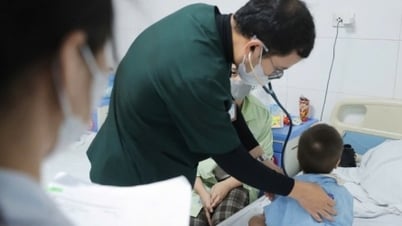

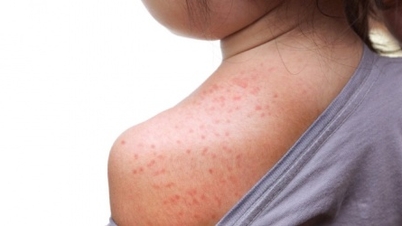


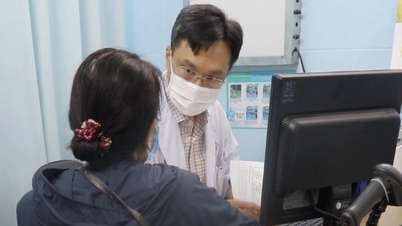


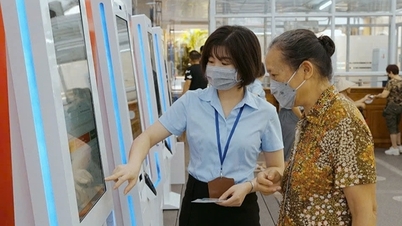














![[Photo] General Secretary To Lam concludes visit to Russia, departs for Belarus](https://vphoto.vietnam.vn/thumb/1200x675/vietnam/resource/IMAGE/2025/5/11/0acf1081a95e4b1d9886c67fdafd95ed)































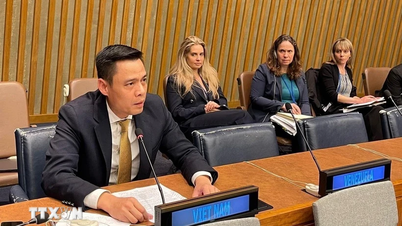













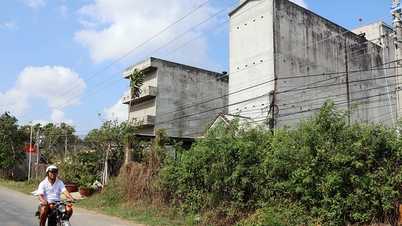



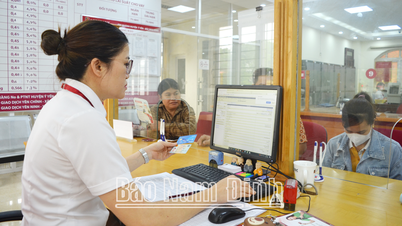





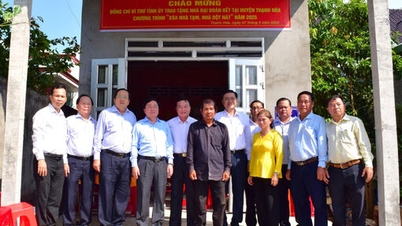











Comment (0)